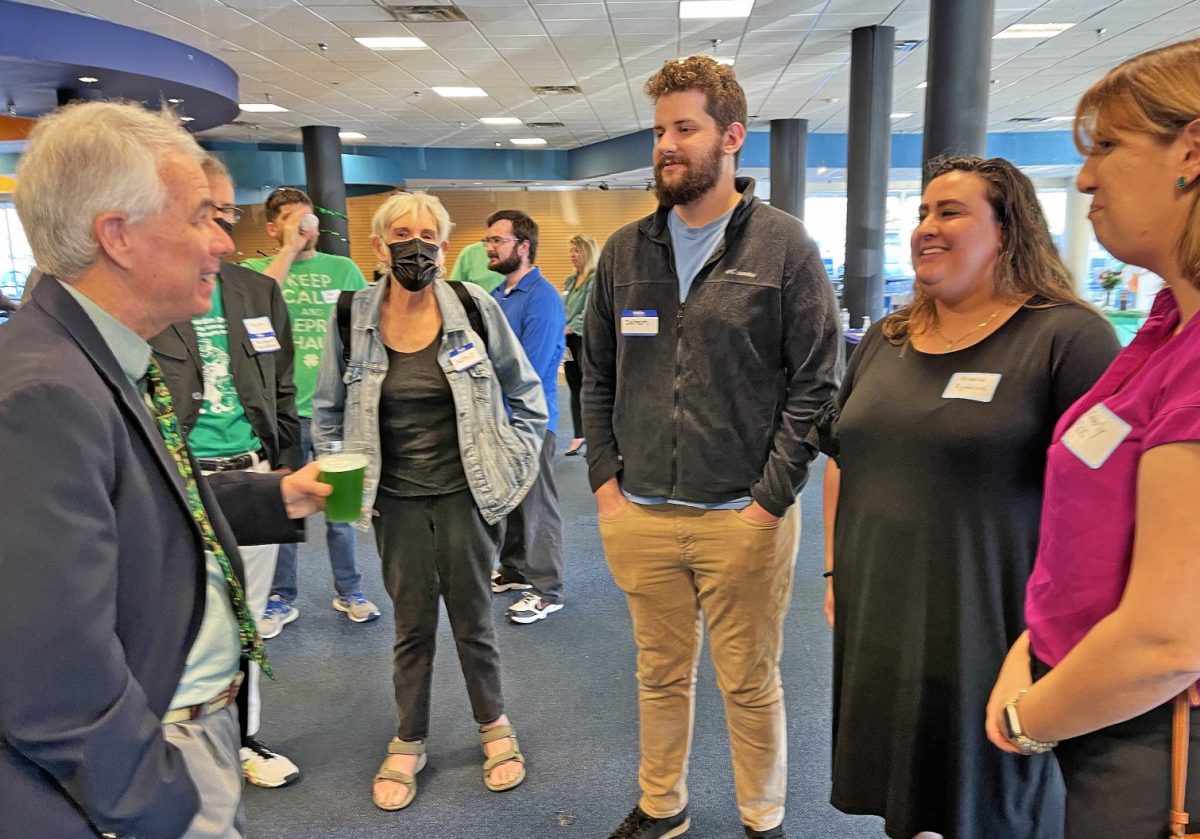Let’s face it. Politics involves numerous facts and factors, but rarely is one of them intellectual preciseness. That was exactly the quality required, however, for an important event last week — a discussion involving several statewide legal authorities regarding a key piece of legislation enacted in the special 2020 summer session of the Tennessee General Assembly.
This was a “web briefing” of the Tennessee Advisory Committee to the U.S. Commission on Civil Rights, held on Zoom, as so many meetings still are.
The legislation under consideration was SB8005, passed by both chambers and signed into law as Public Chapter 3 by Governor Bill Lee. Essentially the measure had been filed as a response to a prolonged youth protest in Nashville that summer in the wake of George Floyd’s death at the hands of the Minneapolis police.
The protesters, numbering in the several thousands, gathered in the public plaza outside the Capitol to protest racial injustice, including what at that time was the continued presence in the Capitol of a bust of Confederate General and Ku Klux Klan eminence Nathan Bedford Forrest (finally removed last July).
Panelists at the discussion included Professor Sekou Franklin of Middle Tennessee State University, Professor Gautam Hans of the Vanderbilt University Clinic on the First Amendment, and Steve Mulroy of Memphis, Bredesen Professor of Law at the University of Memphis. Mulroy is a candidate for the office of District Attorney General in this year’s Shelby County election.
The discussion — nuanced in a way academic expression is by its very nature and wholly unlike the usual rhetoric of politics — can be summarized as follows:
Professor Franklin listed the salient points of the measure, which he saw as a “backlash against racial justice”: It declares Class C felony provisions for the kind of protests (often resulting in overnight encampment) experienced in 2020, consequences of which can be imprisonment of up to six years, the loss of one’s voting rights, and, immediately upon arrest, a possible 12-hour hold of the presumed offender.
Following that, Professor Hans cited the law’s function as a curtailment of First Amendment rights and an unwarranted attempt to impose the views of government upon its citizens.
As Mulroy would later summarize, regarding his views, “it’s legitimate for the state to want law and order, and for it to desire that protest to be peaceful. It’s not legitimate to pick and choose between different types of protests. Nor is it OK for the state government to take voting rights away because people are protesting state government, while not doing so for actual violent or dangerous Class A misdemeanors.” Both Mulroy and Franklin had observed that the law’s severe prescribed penalties had not been suggested or applied in such cases as the 2001 anti-income tax riots at the state Capitol nor in the various disruptions of school board meetings in various parts of the state.
As for the rest of the discussion, the old adage applies: You had to be there. There was food for thought, and dessert, as well. It was the kind of serious exploration of law and its purposes that will not — perhaps cannot — be experienced during political campaigns. Indeed, some of the well-considered sentiments expressed during the discussion could easily enough, in a political slugfest, be turned into fodder against the speaker of them.
It was still a valuable discussion, the first of several to be held this year on aspects of public law, which will include among the participants members of the legislature (both parties) and such Memphians as lawyer and GOP eminence John Ryder and local AFL-CIO spokesperson Jeffrey Lichtenstein.
